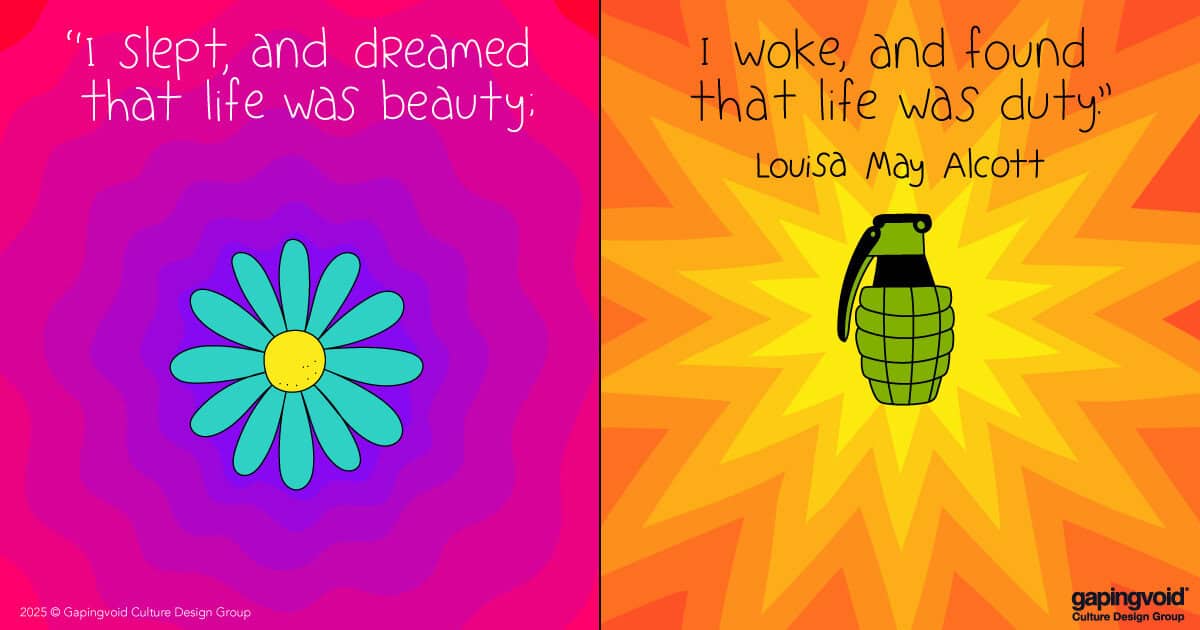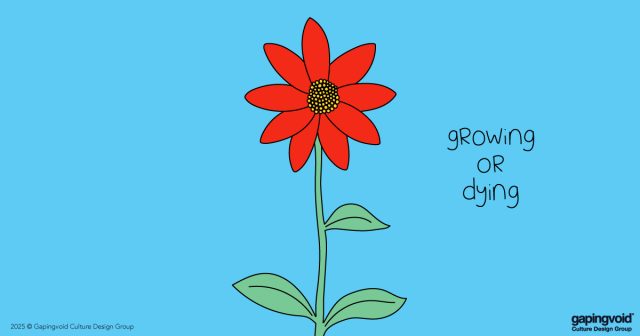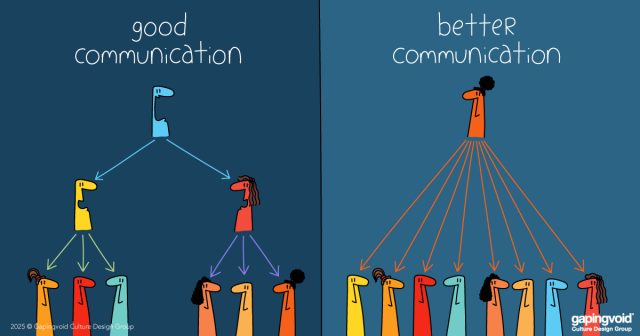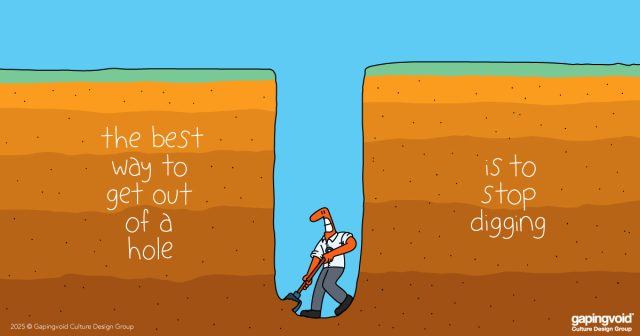
We all know the situation.
Every day, we turn on our magic box, the internet, and are immediately flooded with a torrent of influencers.
It doesn’t matter the genre: lifestyle gurus, gym bros, artists, intellectuals, celebrities, politicians, nerds, or billionaire business moguls: they all share the same fast paced, short-term, hard-hitting message:
“Look at me! Pay attention! I’m clever, interesting, and important! Buy my stuff! Buy my act!”
Some are worse than others, but the common thread is self-aggrandizement. Sales pitches. Self-interest. And then they are gone to be replaced by the next one.
We might assume this is the new blueprint for success. If two million followers can’t be wrong, maybe this is just how life works now.
But then, every now and then, someone dies – and their loss reminds us that no, this isn’t how it works at all.
Take Pope Francis, who passed away yesterday. It may not be polite to call him an influencer but what internet influencer could equal his 1.376 billion followers.
Watching him, you never got the sense he was in it for fame or glory. Had he remained an unknown priest, quietly studying, praying, and tending to his flock, it wouldn’t have mattered to him. His role, whether as a local bishop, a cardinal, or the Pope, was never about him. It was about something far greater: the Church, the salvation of souls, duty.
Duty Was His Killer App.
Most of us today fear duty. We see it as a shackle, something that will steal our freedom.
But ask any soldier, first responder, or parent: duty can be profoundly liberating.
When your choices impact others and lives depend on your commitment – questions like “Should I sleep in or go to work?” become easy to answer. Your life is no longer just about you. Duty cuts through indecision and forces you to care and commit to action, freeing you from the paralysis of self-doubt.
The philosopher, Immanuel Kant, understood this. His Categorical Imperative argued that morality must be based on universal principles, laws that apply to everyone, not just when convenient. We do what’s right, regardless of personal gain and if everyone was to do this, society would improve. Duty may be a burden. It may deny us specific personal freedoms, but ultimately duty unburdens us of a million small choices. We do what’s right and duty sets us free.
The Pope’s role is for life. There’s no quitting unless in disgrace. It’s a total commitment, a life given entirely to faith.
But in our modern world of gig jobs, short-term contracts, and disposable relationships, this kind of lifelong duty feels alien. Sociologist, Zygmunt Bauman, warned of this: What happens when nothing is “for life” anymore?
Are concepts like vocation, service, marriage, home, and faith just relics of the past? In our rush to discard duty in the name of freedom, have we lost the ability to commit to anything beyond ourselves?
Who among us would still give their entire life to something greater?
Pope Francis, leaves us with these questions.
Rest in Peace.



